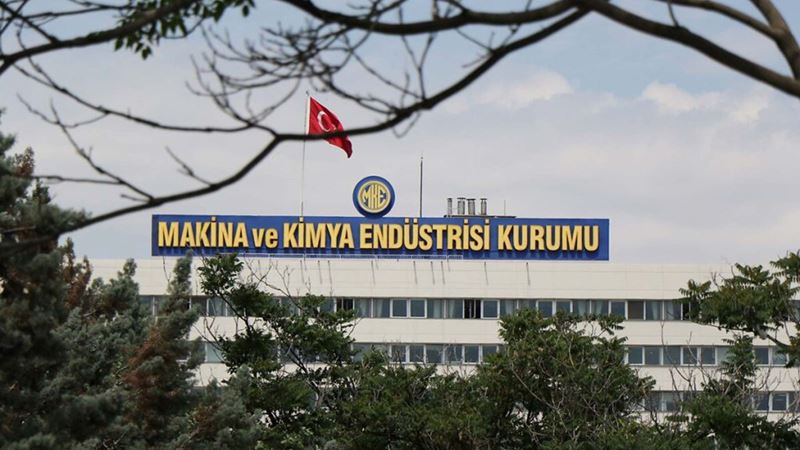Workers and bosses at steel plants in countries like Chile and Brazil, which are among the top steel producers in the region, are urging their governments to increase tariffs on Chinese steel imports. They hope this will help protect their jobs from being threatened by the cheap competition.
This surge in imports has already led to layoffs and closures of major steel plants. For example, Chile's biggest steel plant, Huachipato, is facing the possibility of shutting down, which could mean the loss of around 2,700 direct jobs and 20,000 indirect jobs. Workers there are worried about the impact this could have on their community, which has depended on the steel industry for decades.
To try to save their jobs, Huachipato's managers have asked the Chilean government to impose a 25 percent tariff on imported steel. They argue that this will help level the playing field and make it possible for them to compete with Chinese imports.
In Brazil, steel imports from China have also risen sharply, while domestic production has dropped. This has led to layoffs at steel companies like Gerdau, one of Brazil's largest steel producers.
Both Chile and Brazil are facing challenges in imposing tariffs because of trade agreements they have with China. However, workers and industry leaders are hopeful that their governments will take action to protect their jobs and the steel industry in Latin America.









Comments
No comment yet.